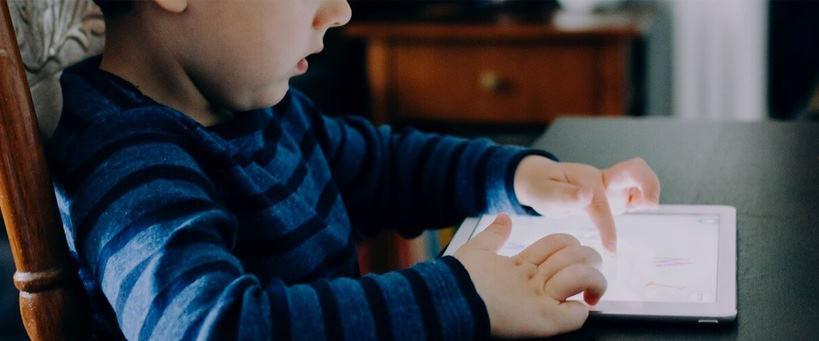Managing Your Child’s Screen Time: Tips and Strategies

Technology has revolutionized the way we live and interact with the world. Electronic devices are ubiquitous in modern society, from smartphones to tablets to laptops. However, with the rise of technology, concerns have emerged about the impact of screen time on children’s physical and mental health.
Excessive screen time can lead to a range of issues, including obesity, sleep deprivation, and poor academic performance. In addition, prolonged exposure to screens can negatively impact children’s social and emotional development, leading to increased anxiety and depression.
To help mitigate these risks, parents need to manage their child’s screen time. Here are some additional tips and strategies for managing your child’s screen time:
Establish Clear Guidelines and Consequences
Work with your child to establish clear guidelines around screen time, including when and where devices can be used and what activities are allowed. Additionally, establish consequences for breaking these guidelines, such as loss of screen time privileges.
Make Screen Time an Active Experience
Encourage your child to engage in active screen time, such as playing interactive games or watching educational videos. It can help mitigate the negative impacts of passive screen time, such as watching TV.

Promote Digital Literacy
Help your child develop the skills to navigate the digital world safely and responsibly. It includes teaching them about online privacy and security, identifying fake news, and engaging in respectful online communication.
Use Screen Time as a Reward
Consider using screen time as a reward for positive behavior or completed tasks, rather than as a default activity. It will motivate your child to engage in other activities and promote a healthy balance.
Practice Open Communication
Talk to your child about their screen time habits and concerns. Encourage them to share their experiences and feelings about technology and work together to find solutions to any issues.
Ultimately, managing your child’s screen time requires a proactive and holistic approach. By establishing clear guidelines and boundaries, promoting active screen time, and promoting digital literacy, you can help your child develop healthy habits around technology use. In addition, by monitoring your child’s screen time and practicing open communication, you can help ensure that technology use remains a positive and enriching experience for your child.



























